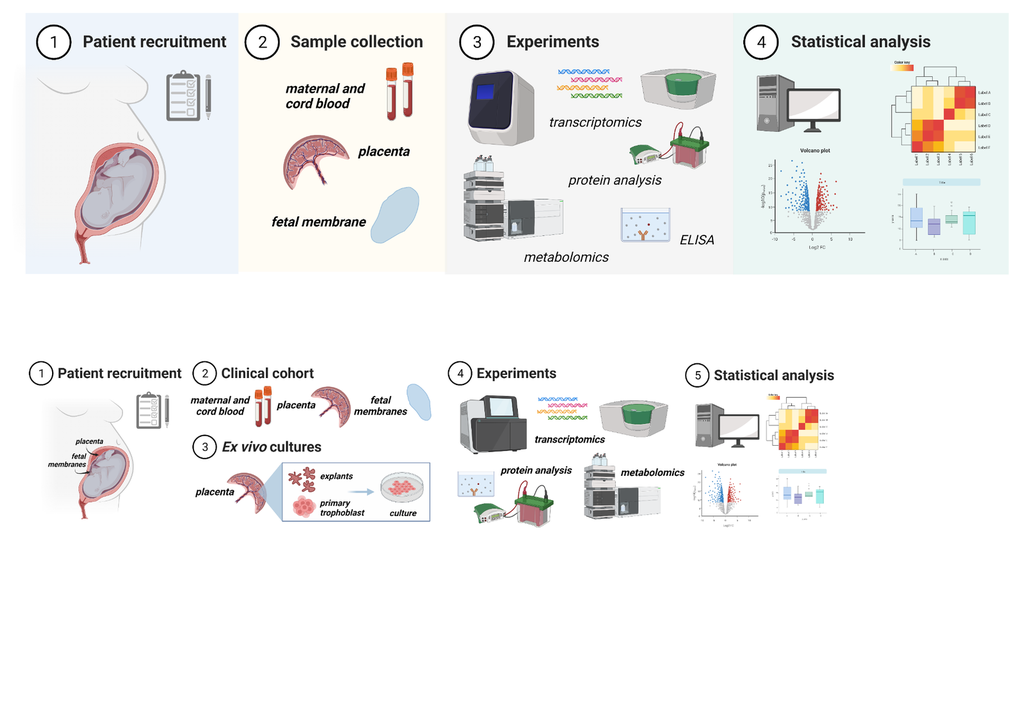The (patho)physiological role of the endocannabinoid system in pregnancy maintenance and preterm birth
Project Description
In the last decade, the endocannabinoid system (ECS) has received considerable attention in the reproductive tissues as it is implicated in several pregnancy pathologies, including preterm delivery, preeclampsia, or endometriosis. Importantly, accumulating evidence suggests that the ECS is involved in the physiological process of labor initiation. As such, endocannabinoids have been proposed as potential diagnostic biomarkers for the prediction of preterm birth and miscarriage. Preterm birth (birth before 37 weeks of gestation) accounts for more than 10% of live births globally and is associated with mortality and morbidity in the prenatal period. This pregnancy condition has been linked to intra-amniotic infection; inflammatory processes related to the production of chemo- and cytokines (IL6, IL1ß, IL8, TNF?) lead to the recruitment of proinflammatory cytokines to the decidua, placenta, and amniotic cavity. Ultimately, this induces the production of prostaglandins and proteases, which activate the processes of parturition.
Here we hypothesize that:
- preterm birth is associated with pathophysiological alterations in the placental and fetal membrane ECS, cytokine, and prostaglandin network,
- ECS acts as a modulator of the immune system within the placenta and fetal membranes, and
- prostaglandins and prostamides act as a proxy for the ECS in the process of birth initiation.
To address these hypotheses, we will use a multidisciplinary approach combining clinical and basic research, including transcriptomic and metabolomic profiling of the placenta and fetal membranes. Moreover, maternal plasma concentrations of endocannabinoids will be investigated as potential predictive biomarkers in women with threatened preterm labor. Such knowledge will substantially improve the ability to identify and treat women at risk for preterm delivery.
Investigators
- Prof. PharmDr. František Štaud, Ph.D. (Faculty of Pharmacy in Hradec Králové, Charles University) – main investigator
- doc., Ing. Miroslav Lísa, Ph.D. (Faculty of Science, University of Hradec Králové)
- prof. MUDr. Marian Kacerovský, Ph.D. (University Hospital Hradec Králové)
Timeframe
- 2024–2027
Section navigation: Ongoing projects


